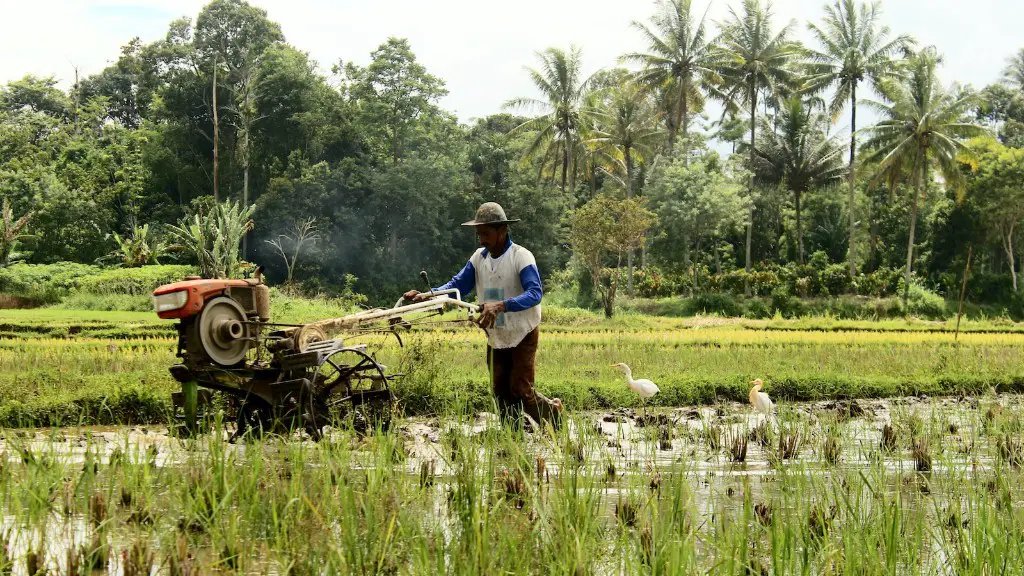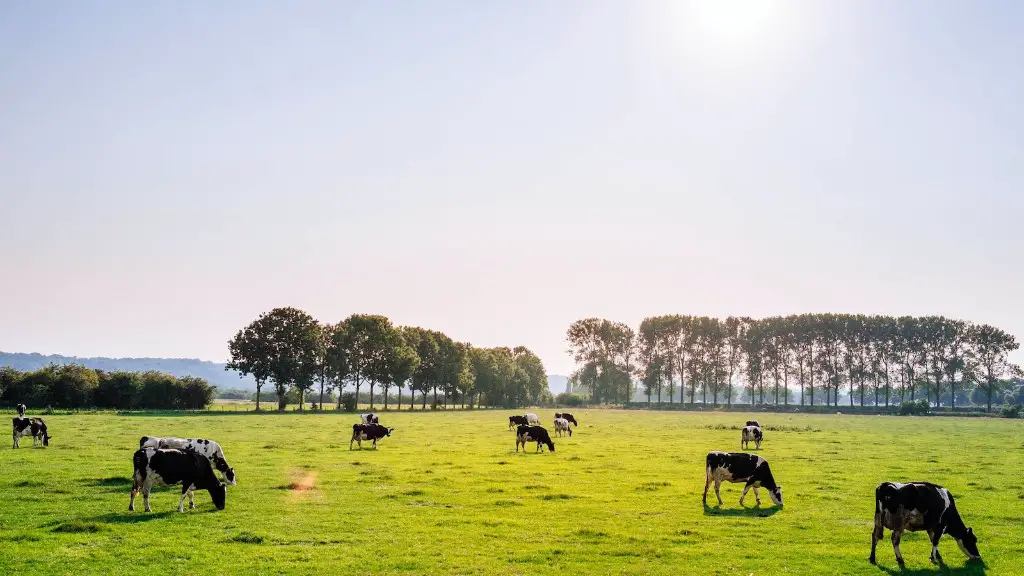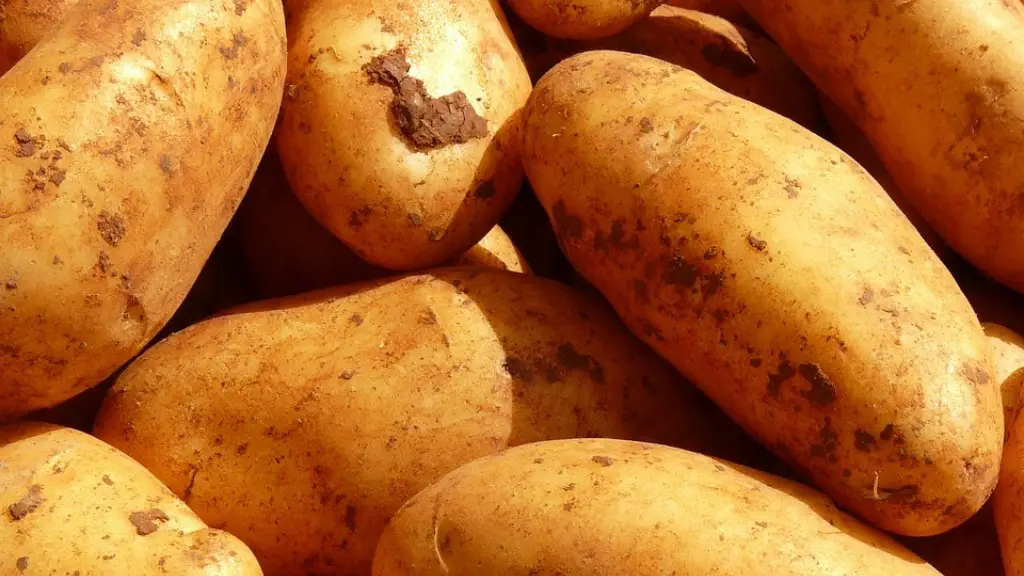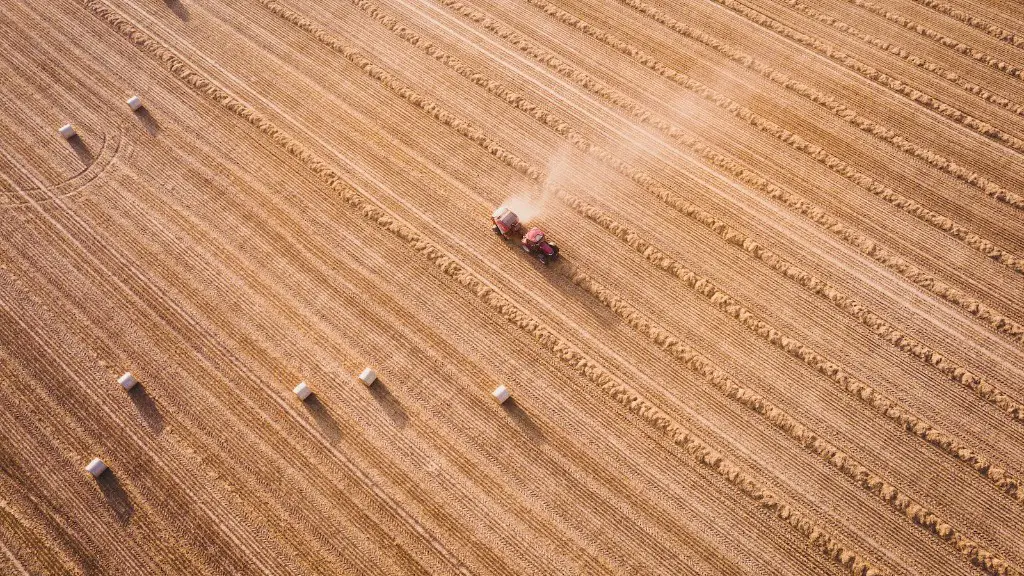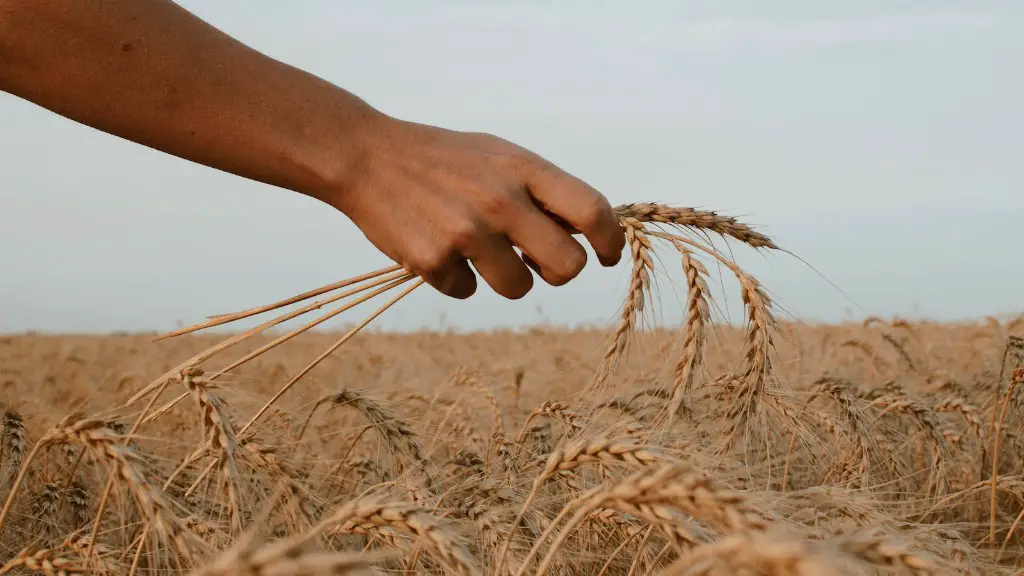The Agricultural Revolution was a period of significant agricultural development that occurred during the 18th and early 19th centuries. It was a time of great change for both farmers and society. The Agricultural Revolution saw a shift from small-scale, subsistence farming to large-scale, commercialized agriculture. This change had far-reaching effects on social, economic, and political systems. The Agricultural Revolution made it possible to produce more food with fewer people, which led to a decrease in the price of food and an increase in the standard of living. It also led to the rise of the middle class and the growth of cities. The Agricultural Revolution had a profound impact on the world and continues to shape our society today.
The agricultural revolution had a profound impact on society. It not only changed the way people lived and worked, but also had a profound impact on the social structure of societies. The most obvious impact was the way it changed the way people lived and worked. Prior to the agricultural revolution, people were largely nomadic, living off the land and moving around to find new sources of food. The introduction of agriculture allowed people to settle down and establish permanent settlements. This led to the development of cities and the rise of civilizations. Agriculture also had a major impact on the social structure of societies. The advent of agriculture allowed for the development of private property and the rise of the class system. Prior to agriculture, most people were members of egalitarian societies where everyone had an equal say and there was little social hierarchy. The introduction of agriculture led to the rise of the ruling class and the development of social inequality.
How does agriculture impact society?
Agriculture plays a vital role in society by providing food, habitat, and jobs. It also provides raw materials for food and other products, and helps to build strong economies through trade. Agriculture impacts society in many positive ways and is an essential part of our world.
More abundant food supplies could support denser populations, and farming tied people to their land. Small settlements grew into towns, and towns grew into cities. Agriculture produced enough food that people became free to pursue interests other than worrying about what they were going to eat that day. This led to the development of civilizations and the advancement of human knowledge.
Why is agriculture important to society
Agriculture is a huge industry that employs a lot of people and generates a lot of food. Pasture and cropland make up a large percentage of the Earth’s land and provide food and habitat for many species.
Agriculture, food, and related industries play a significant role in the US economy, contributing around $1264 trillion to GDP in 2021. This sector accounts for 54% of the country’s total output, with agriculture alone contributing $1647 billion, or around 7% of GDP. The sector is vital to the country’s economic health and wellbeing, providing employment for millions of Americans and supplying the nation with the food and other resources it needs to function.
How did agriculture change people’s lives?
Agricultural communities are thought to have developed around 10,000 years ago when humans began to domesticate plants and animals. This transition from a nomadic hunter-gatherer lifestyle to a more settled life dependent on agriculture allowed families and larger groups to build communities. Agricultural communities have since played a key role in human history and development.
When early humans began farming, they were able to produce enough food that they no longer had to migrate to their food source. This meant they could build permanent structures, and develop villages, towns, and eventually even cities. Closely connected to the rise of settled societies was an increase in population.
What are 3 importance of agriculture?
The increase in biodiversity that results from agricultural practices can have numerous positive impacts on the environment. Among these are healthier soil, less erosion, better water conservation, and healthier pollinators. These benefits create an enabling environment for agriculture to thrive, and ultimately help to produce more food and other products while also protecting natural resources.
Urban farming has a number of benefits that are becoming increasingly more acknowledged. These benefits include lower greenhouse gas emissions, minimal transportation requirements, and reduced energy use for food production. As more and more people become aware of these benefits, the trend of urban farming is starting to become quite popular.
What are 5 reasons why agriculture is important
The main source of raw materials to major industries such as cotton and jute fabric, sugar, tobacco, edible as well as non-edible oils is agriculture Moreover, many other industries such as processing of fruits as well as vegetables and rice husking get their raw material mainly from agriculture. This implies that the agricultural sector plays a very important role in the industrial development of a country.
The agricultural revolution had a variety of consequences for humans, including societal inequality and a decline in nutrition. The agricultural revolution was a period of time in which humans began to depend on the land for food and other resources. This period of time was also linked to a rise in infectious diseases contracted from domesticated animals.
How does agriculture impact the economy?
Agriculture plays an important role in the development of any economy. It is the sector that provides food for the population and raw materials for industries. Agriculture is a major source of employment in many countries and it plays a vital role in the economic growth and development of a country.
Growth in agriculture results in an almost immediate impact in terms of increased employment of rural labour in a host of non-tradable activities. This is in contrast to other sectors, where the impact of growth may take longer to materialize and may not be as direct. The increased employment opportunities in the rural areas lead to increased incomes for rural households and put more money into circulation in the rural economy. This has a direct impact on poverty reduction.
Was the development of agriculture good for humans
The Agricultural Revolution was a period of great change for humans. For the first time, people were able to produce more food than they could actually eat. The extra food provided by agriculture meant that some people did not have to spend their time gathering food. This allowed them to pursue other activities, such as trade and warfare.
The Agricultural Revolution was a turning point in history. It allowed people to stay in one place, and increased food production caused the population density to expand far beyond levels that could be sustained by hunting and gathering alone. This growth in population density provided a critical mass of people to sustain and spread contagious diseases.
Why is agriculture important short answer?
Agriculture is India’s main source of income, accounting for a quarter of the country’s gross domestic product (GDP). It is crucial for ensuring the country’s food security and producing a variety of industrial raw materials. As a result, agricultural development is essential for our country’s prosperity.
Agriculture is the key to sedentary human civilization, as it allows for the production of food surpluses. This, in turn, enables people to live in cities. Agriculture encompasses crop and livestock production, aquaculture, fisheries and forestry for food and non-food products.
What is the most important thing for agriculture
The use of modern machinery in agricultural land has increased the production of crops, which has in turn increased the provision of raw materials to industries. This has resulted in increased efficiency and productivity in many industries.
The Agricultural Revolution was a period of rapid agricultural development between the 18th and 19th centuries. This period saw a massive increase in agricultural production and technological advancements. These advancements contributed to unprecedented population growth and new agricultural practices. The Agricultural Revolution triggered such phenomena as rural-to-urban migration, the development of a coherent and loosely regulated agricultural market, and the industrialization of agriculture. The Agricultural Revolution was a period of great change for agriculture and had a profound impact on the world.
Conclusion
The rise of agriculture had a huge impact on society. For the first time in human history, people had to stay in one place to grow crops and raise animals. This led to the development of cities and civilizations. Agriculture allowed for the growth of populations and the rise of civilizations. It also had a major impact on the environment, as people cleared forests and turned grasslands into farms.
Agriculture impacted society by providing food and a source of income. it also allowed for the domestication of animals, which provided a source of transportation and a source of labor.
